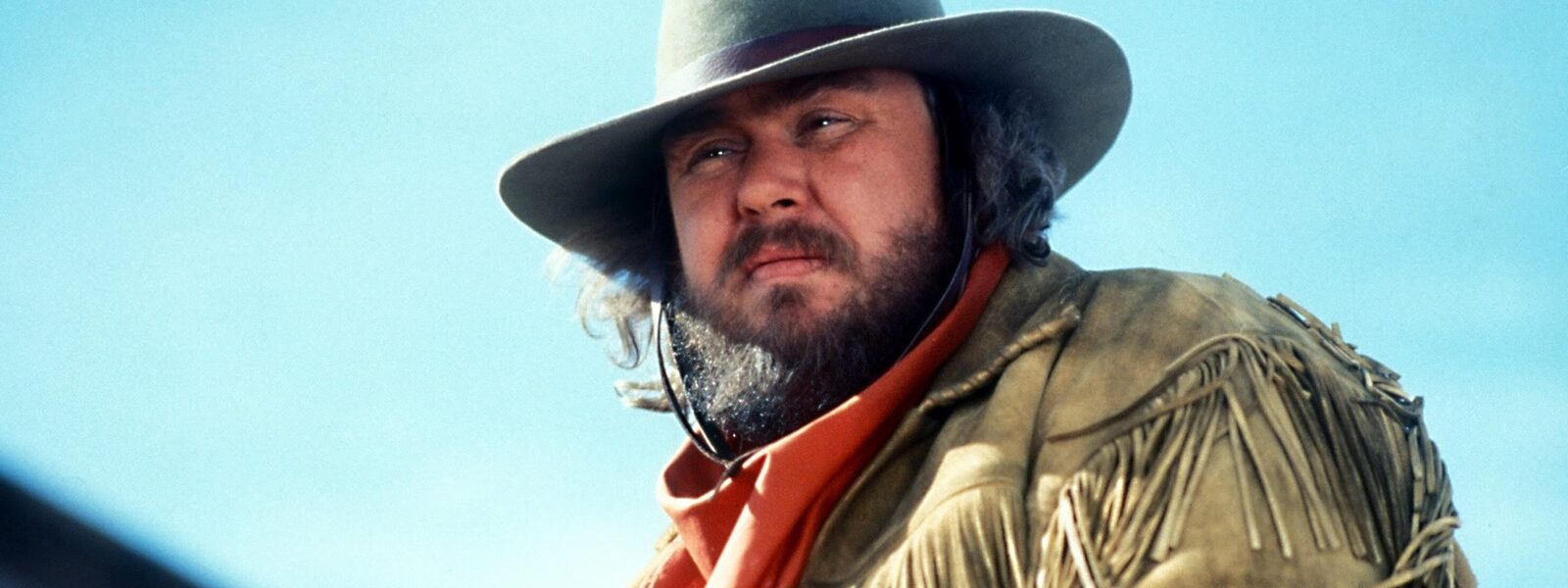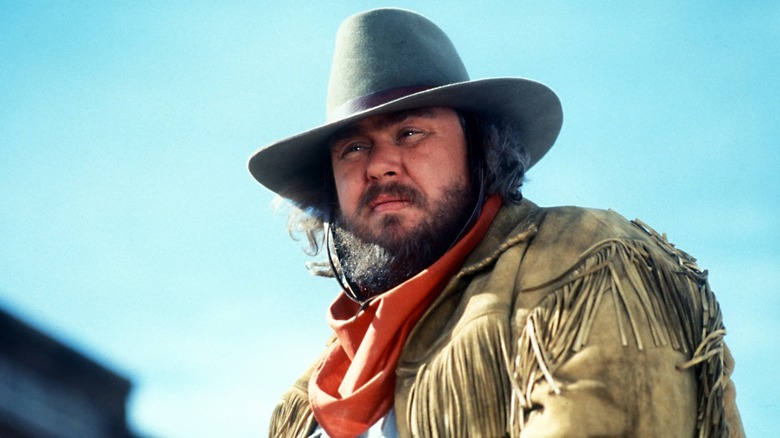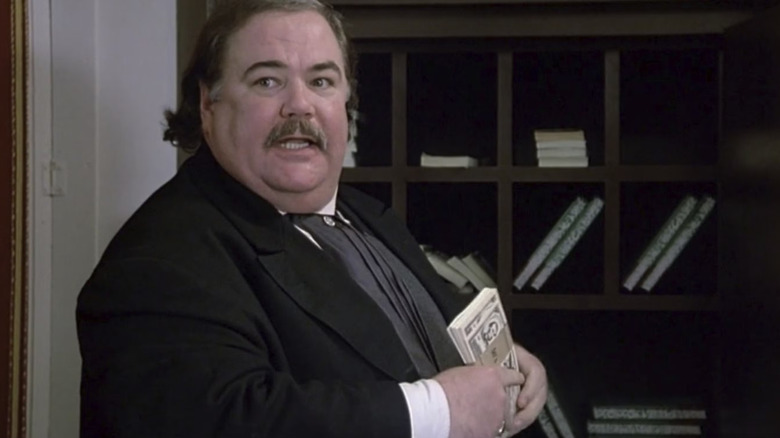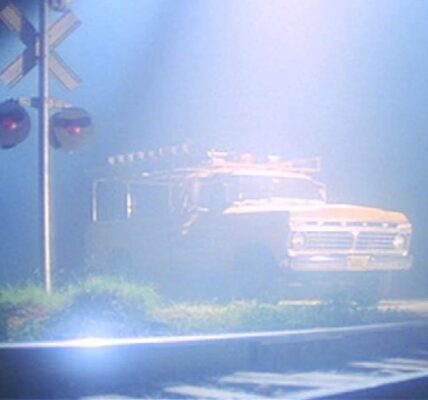John Candy died on March 4, 1994, at the age of 43, who died of a heart attack. Candy had a history of heart problems in her family and spent parts of her life struggling with alcoholism and tobacco and the use of cocaine. He was taken far too early, as Candy was a charismatic, funny and talented actor with dazzling film star qualities. He died in Durango, Mexico, where he was shooting the banal Western comedy of Peter Markle “Wagons East!,” A film in which Candy played in front of Richard Lewis.
“East wagons!” was an unusual outing for candies. The film was released five months after Candy’s death, and it was a horrible bomb at the box office, winning only $ 4.4 million. In addition, it has been terribly examined, accumulating the rare and uninvable approval rating of 0% on Rotten tomatoes (on the basis of 30 reviews). Roger Ebert gave him half a starcalling him one of the least fun of the comedies he has ever seen. Rita Kempley, Write for the Washington Postdescribed it as “horrible” and “childish swill”. Oddly, Candy did not play a comic character and rather served as a hetero man in history. The other characters were all wide clowns and Slapstick, and at least one of them (played by John C. McGinley) was a gag of homophobia on foot. The film with Ellen Green, Candy Co-Star Frank Oz’s musical “Little Shop of horrors”, “ As well as Robert A. Grant, William Sanderson and Contemporary The actors “Star Trek: Traveling” Robert Picardo and Ethan Phillips.
The saddest part is that Candy didn’t even want to make the film. He did not like the script and was only forced to make the film because of a contract stipulation. It seems that in 1990, Candy was preparing to play in John Hughes’ film “Bartholomew c. Neff” opposite Sylvester Stallone. Hughes, however, obtained cold feet after his 1991 “Curly Sue” film is disappointed with the box office. This collapsed “Neff”, leaving Candy trapped with a contract he had already signed and left without choice to play in “Wagons East!”
East wagons! was completed with CGI and the body in double after Candy’s death
The premise of “East wagons!” is cute: it’s the 1860s and a group of settlers finally made a house in California after a dangerous hike through the continent. They quickly see, however, that they are certainly not cut for border life and make the wise decision to return to Saint-Louis. They then hire a guide called James Harlow (Candy) and point their wagons to the east. Harlow, however, is a desperate alcoholic and continues to direct the accidentally lost wagon train. It is finally revealed that Harlow also directed the unhappy party, and he abandoned the wagon train.
“East wagons!” is structured as an anti-Western slapstick, declaring that the old west is terrible and that it would have been better if the colonists had remained in New York. This will not surprise you to learn that the film screenwriter, Matthew Carlson, wrote “Wagons East!” After having moved from New York to Los Angeles and became disillusioned by the renowned promises of Los Angeles (a phenomenon mentioned in the criticism of the Washington Post of the film).
The script had to be rewritten during the production to welcome Candy’s death, and certain Harlow scenes were completed with CGI or Double Body. Although “East wagons!” Was the last film Candy never shot, it was actually the second of his films to be released in theaters. His latest film, Michael Moore’s satirical comedy “Canadian Bacon”, was filmed in 1993 but reached the big screen until 1995.
It should also be recalled that Candy was in debt at the time of “East Wagons!”. In 1991, Candy, Bruce Mcall and Wayne Gretzky gathered to buy the Toronto Argonauts, a Canadian football team. The team did quite well, but Candy still owed $ 1 million as a minority stakeholder. “East wagons!” was a concert of contract for candies and nothing more. This would have reimbursed his football debt.
The studio behind the film, Carolco, received an insurance payment on the death of Candy of more than $ 15 million. It was the only way to win anything for the horrible failure. As Ebert noted in his criticism, it was a sad way of ending Candy’s career.







